The Crown Estate: Are we paying a queen's ransom for the royal family?
The monarch is due a pay rise next year thanks to a portfolio of land that goes back to the Norman Conquest
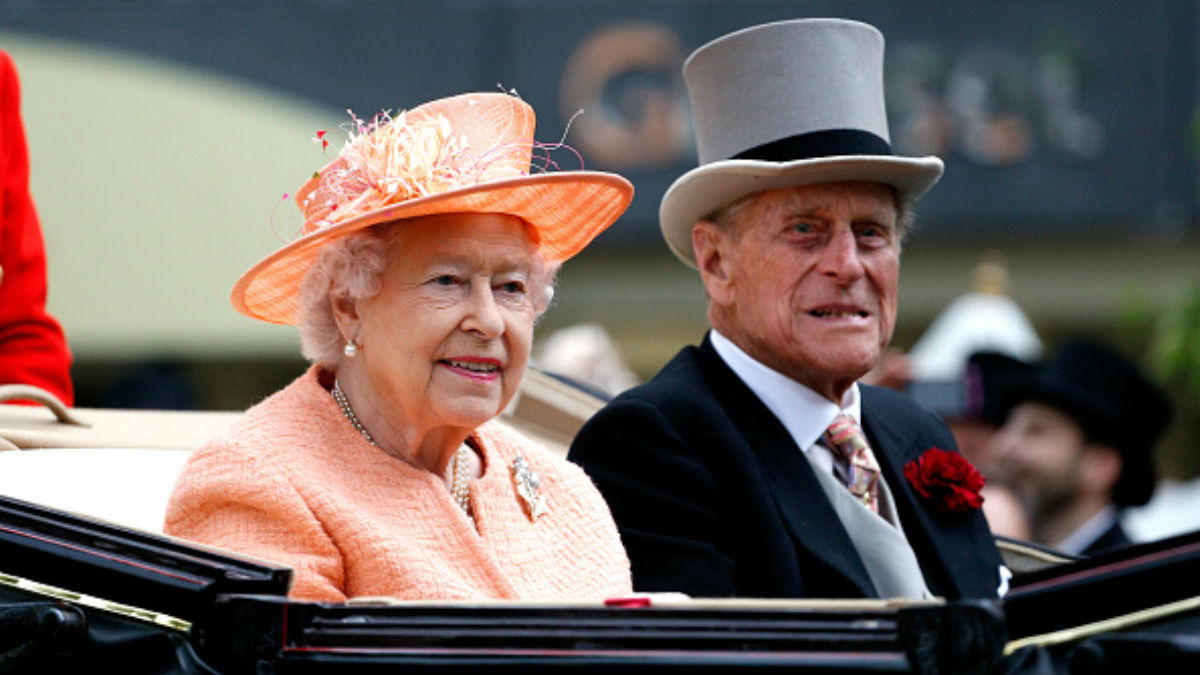
A free daily email with the biggest news stories of the day – and the best features from TheWeek.com
You are now subscribed
Your newsletter sign-up was successful
Revenues from the Crown Estate, a collection of land and property across the UK that traces its history back to the Norman conquest, hit a record high last year.
As a result, the Queen will get a boost to her income in the years ahead, which will in particular help fund expensive renovations to Buckingham Palace.
If that all seems a bit arcane that's because it is - so let's clear a few things up.
The Week
Escape your echo chamber. Get the facts behind the news, plus analysis from multiple perspectives.

Sign up for The Week's Free Newsletters
From our morning news briefing to a weekly Good News Newsletter, get the best of The Week delivered directly to your inbox.
From our morning news briefing to a weekly Good News Newsletter, get the best of The Week delivered directly to your inbox.
What is the Crown Estate?
It's the company that manages an extensive portfolio of land and developments owned by the reigning monarch.
The estate includes everything from the seabed in the foreshore around more than half of the UK to a whole array of inland areas that have been passed down the generations or acquired along the way, including 19 shopping parks and centres and most of Regent's Street in London.
How does it fund the Queen?
A free daily email with the biggest news stories of the day – and the best features from TheWeek.com
For hundreds of years, the revenues from the estate have been passed to the government and a set amount passed back to fund the monarch's household, working royals and official duties.
Since 2011, the Sovereign Grant Act set this as a fixed percentage of the surplus income, or profit. It started at 15 per cent but is being increased to 25 per cent for ten years from this year to pay for a £369m renovation of Buckingham Palace.
The grant is paid two years in arrears, so last year's record high earnings of £329m will equate to a grant to the Queen of a little more than £82m in 2018/2019.
Is this her only source of income?
The sovereign grant replaces a range of income sources that included what was known as the Civil List and various parliamentary grants, but the Queen also earns money elsewhere.
Her private income, the Privy Purse, mainly includes income from the Duchy of Lancaster, a hereditary portfolio of assets in Lancashire, Greater Manchester and Merseyside that traces its roots to 1265.
This is different from the Duchy of Cornwall, which is another hereditary estate established by charter in 1337 and whose income is paid to the heir to the throne the Prince of Wales, currently Prince Charles.
So who owns the palaces?
The royal palaces are owned privately by the Queen, with the likes of Buckingham Palace and Windsor Castle being maintained from her own income while those open to the public, such as Hampton Court Palace, are run by the Historic Royal Palaces charity.
What is the history of the Crown Estate?
Following the Norman Conquest in 1066, all undesignated land in England was attributed to the monarch, but it wasn't until 1760, under George III, that the formal process of passing these revenues to the government in return for direct funding was instituted.
After that, at the beginning of each monarch's reign, a Civil List Act was passed to deal with royal funding.
In 1961, the Crown Estates Act created the company that now manages the estate and which is run by a board called the Crown Commissioners. The funding was simplified by the Sovereign Grant Act.
Are things different in Scotland?
Scottish crown assets were added to the arrangement since 1832, but when the Scotland Act 2016 came into force in April, control has been transferred back north of the border.
Management of and income from Crown Estate land in Scotland is now in the hands of the Scottish government. This only affects the net income once the Queen's grant has been taken into account.
There are a few bits of Crown Estate in Scotland, such as a retail park in Edinburgh which is 50 per cent owned by the estate in a limited partnership, that has not been transferred over because of differences in commercial law between England and Scotland.
So does the Queen cost us money?
Depends who you listen to - and your view will probably be determined by whether you're a monarchist or a republican.
If you only look at the grant for the monarch's official duties, we currently pay around 65p a person. When this goes up under the new funding settlement, it'll cost around £1.25 per person.
In addition, that's only 25 per cent of the earnings from the Crown Estate, with the remainder being retained by the Treasury for the public good.
However, Republic campaign group says the royal family actually costs £345m once the likes of security and local authority costs for visits are taken into account.
It also questions including Crown estate surplus revenues into the figure as it considers the portfolio of assets are rightfully the property of the public.
Royalists counter that even if you accept these arguments, the monarchy accounts for around £500m in tourism revenues each year, making the Queen and her family good value.
-
 Political cartoons for February 19
Political cartoons for February 19Cartoons Thursday’s political cartoons include a suspicious package, a piece of the cake, and more
-
 The Gallivant: style and charm steps from Camber Sands
The Gallivant: style and charm steps from Camber SandsThe Week Recommends Nestled behind the dunes, this luxury hotel is a great place to hunker down and get cosy
-
 The President’s Cake: ‘sweet tragedy’ about a little girl on a baking mission in Iraq
The President’s Cake: ‘sweet tragedy’ about a little girl on a baking mission in IraqThe Week Recommends Charming debut from Hasan Hadi is filled with ‘vivid characters’
-
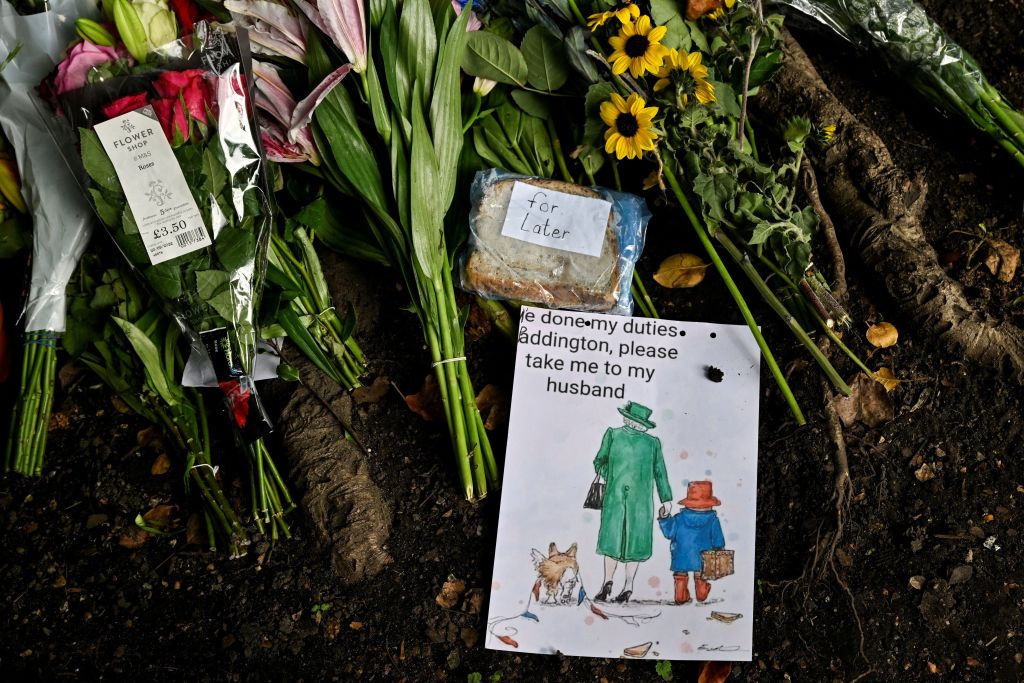 Marmalade sales spike following Queen Elizabeth's death
Marmalade sales spike following Queen Elizabeth's deathSpeed Read
-
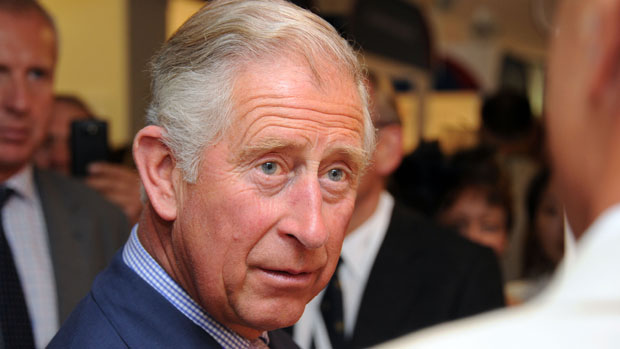 New 50p coin features ‘softer’ image of King Charles
New 50p coin features ‘softer’ image of King CharlesSpeed Read Royal Mint says new coins will appear in your change within months
-
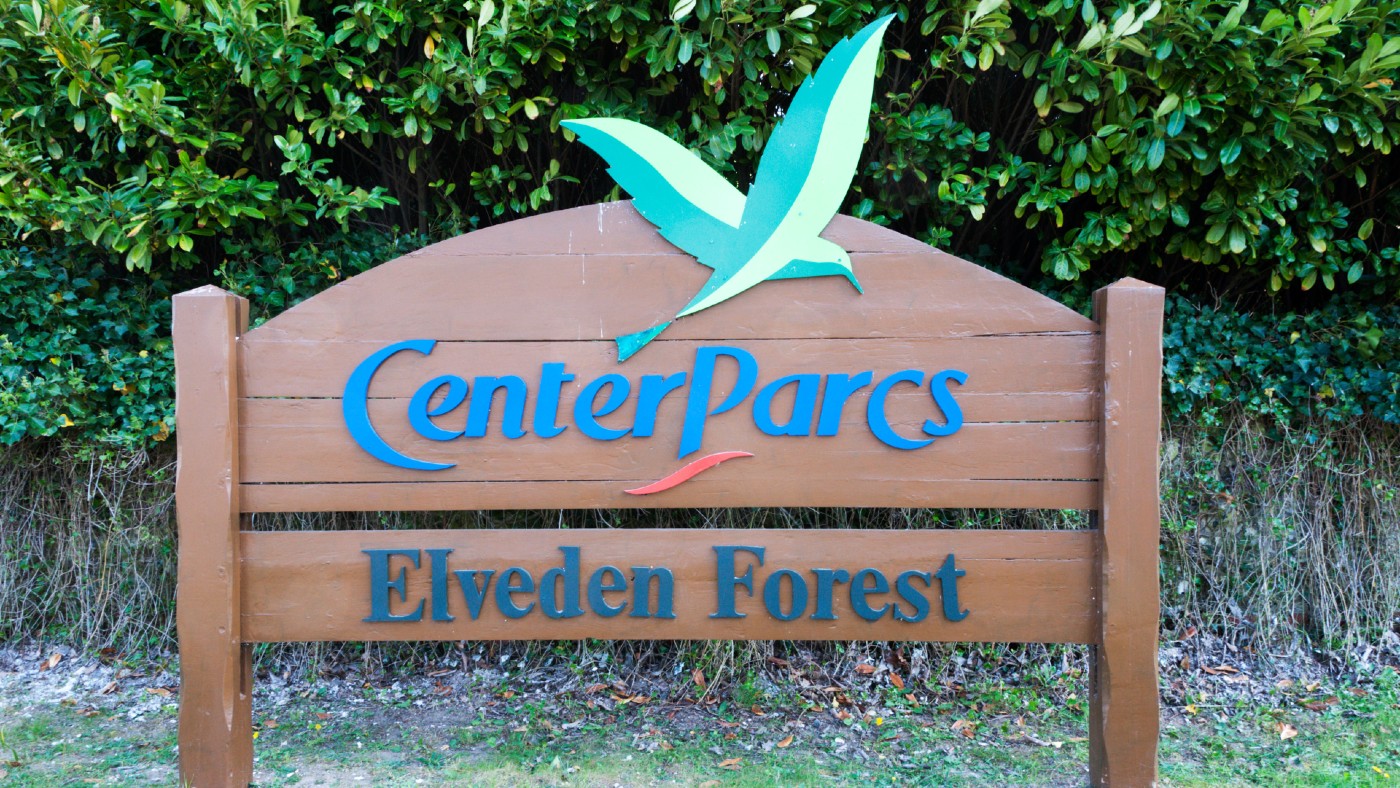 Center Parcs et al: a right royal PR fiasco
Center Parcs et al: a right royal PR fiascoTalking Point Incident was merely the most extreme example of a brand making a mess of its royal tribute
-
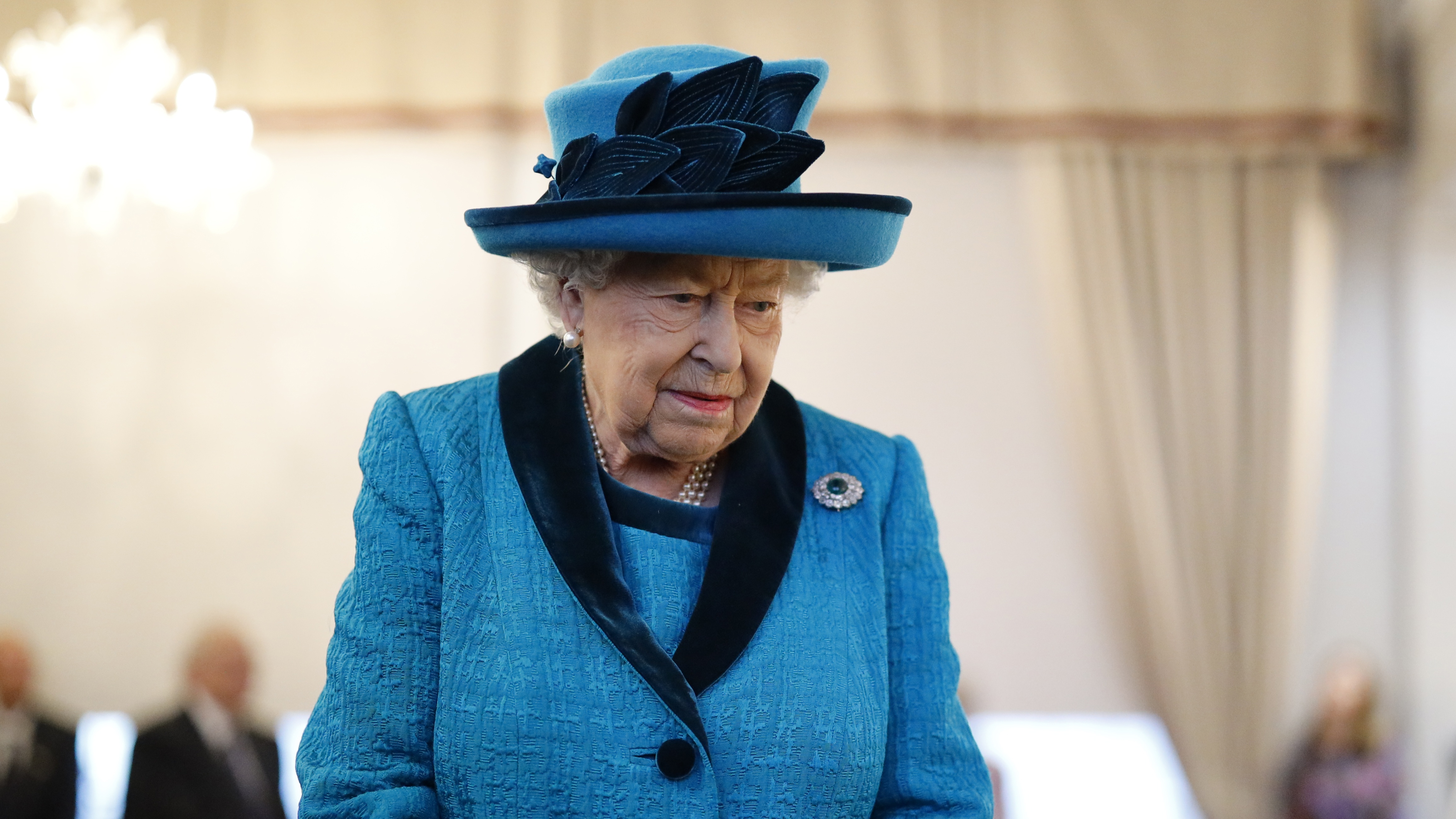 Taxpayers must be told ‘who’s running royal show so badly’, says biographer
Taxpayers must be told ‘who’s running royal show so badly’, says biographerUnder the Radar Expert Robert Lacey points finger at Queen’s closest advisor for failing Sussexes
-
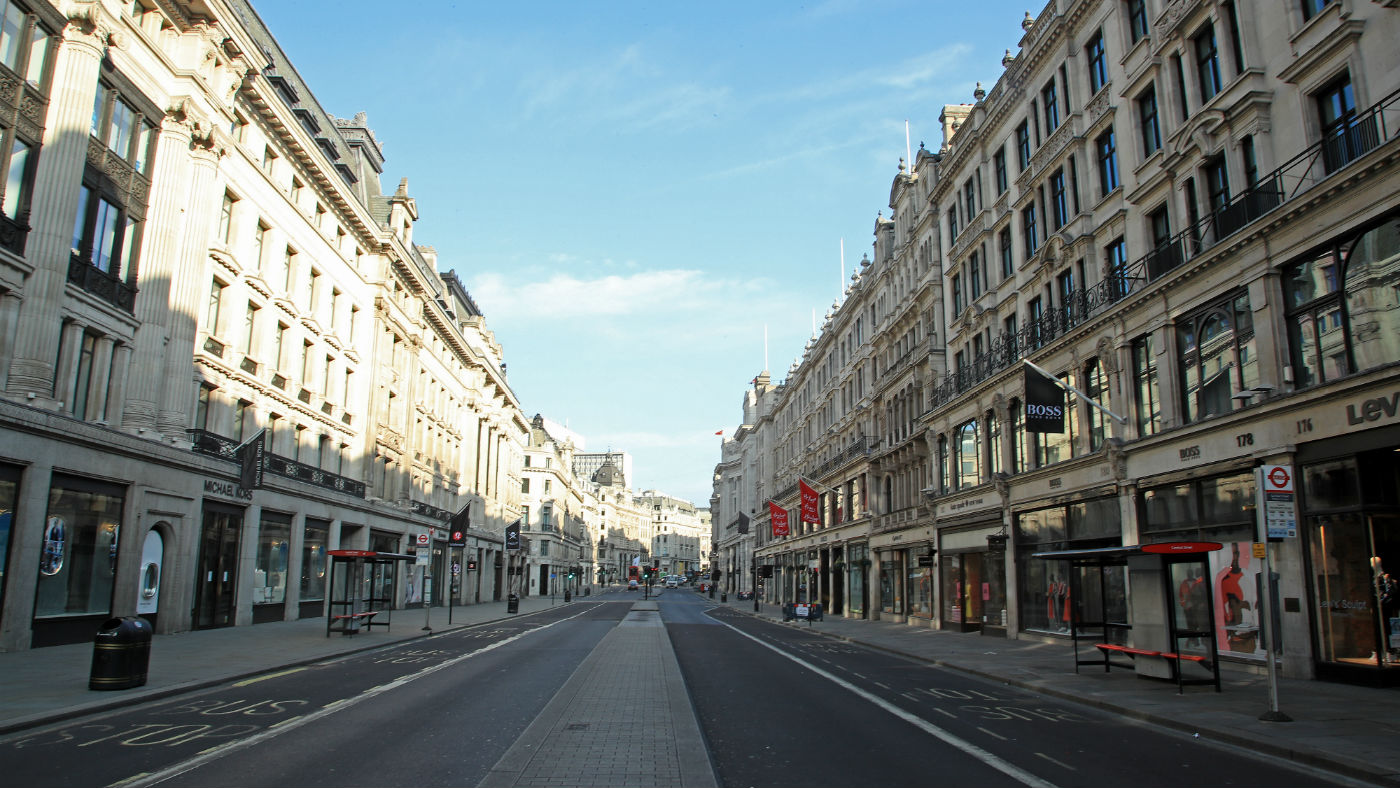 The Crown Estate: revenues and property values to be ‘significantly down’ next year
The Crown Estate: revenues and property values to be ‘significantly down’ next yearSpeed Read Queen’s business announces big profit but value of portfolio drops by £550m as Covid crisis takes toll
-
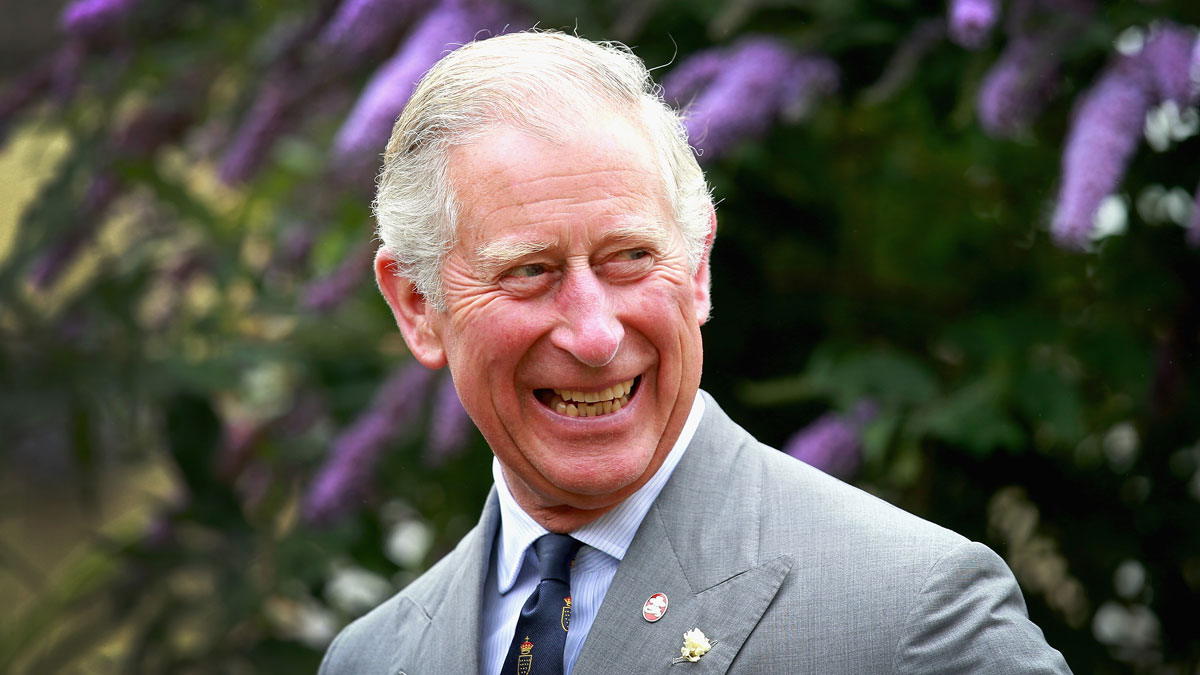 Paradise Papers: Prince Charles’s estate held £3m offshore
Paradise Papers: Prince Charles’s estate held £3m offshoreSpeed Read MP demands transparency after revelations about Royal’s investment in Caymans and Bermuda